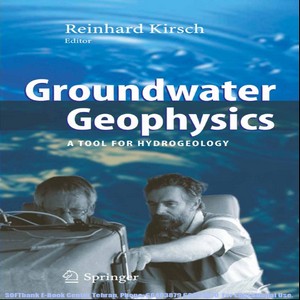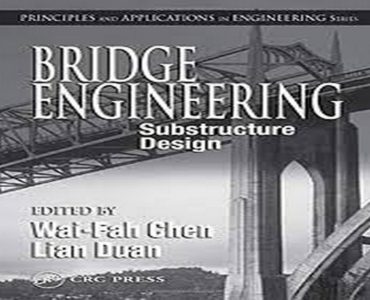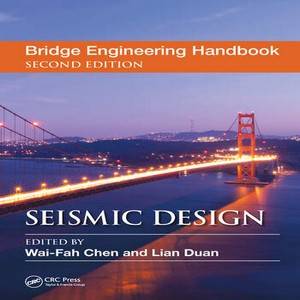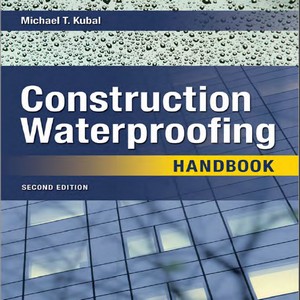Groundwater Geophysics: A Tool for Hydrogeology
Edited by dr. Reinhard kirsch
Access to clean water is a human right and a basic requirement for economic development.
The safest kind of water supply is the use of groundwater. Since groundwater normally has a natural protection against pollution by the covering layers, only minor water treatment is required.
Detailed knowledge on the extent, hydraulic properties, and vulnerability of groundwater reservoirs is necessary to enable a sustainable use of the resources.
Groundwater Geophysics addresses students and professionals in Geophysics and Hydrogeology.
The aim of the authors is to demonstrate the application of geophysical techniques to provide a database for hydrogeological decisions like drillhole positioning or action plans for groundwater protection.
Physical fundamentals and technical aspects of modern geophysical reconnaissance methods are discussed in the first part of the book.
Beside “classical” techniques like seismic, resistivity methods, radar, magnetic, and gravity methods emphasis is on relatively new techniques like complex geoelectric or nuclear magnetic resonance.
An overview of direct push techniques is given which can fill the gap between surface and borehole geophysics.
The applications of these techniques for hydrogeological purposes are illustrated in the second part of Groundwater Geophysics.
The investigation of pore aquifers is demonstrated by case histories from Denmark, Germany, and Egypt.
Examples for the mapping of fracture zone and karst aquifers as well as for saltwater intrusions leading to reduced groundwater quality are shown.





Reviews
There are no reviews yet.